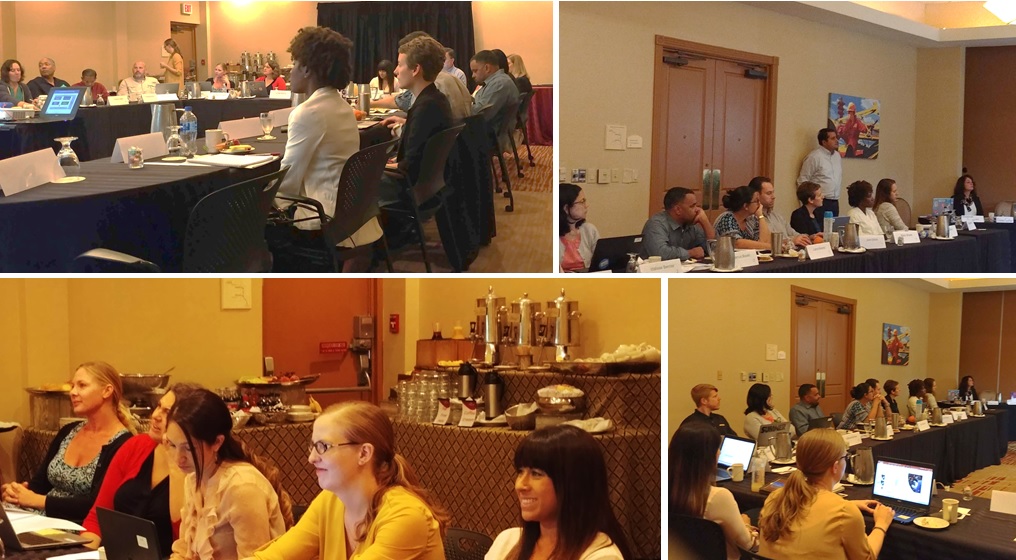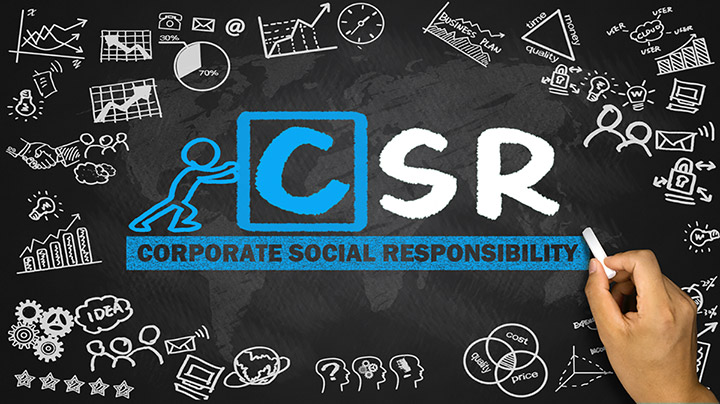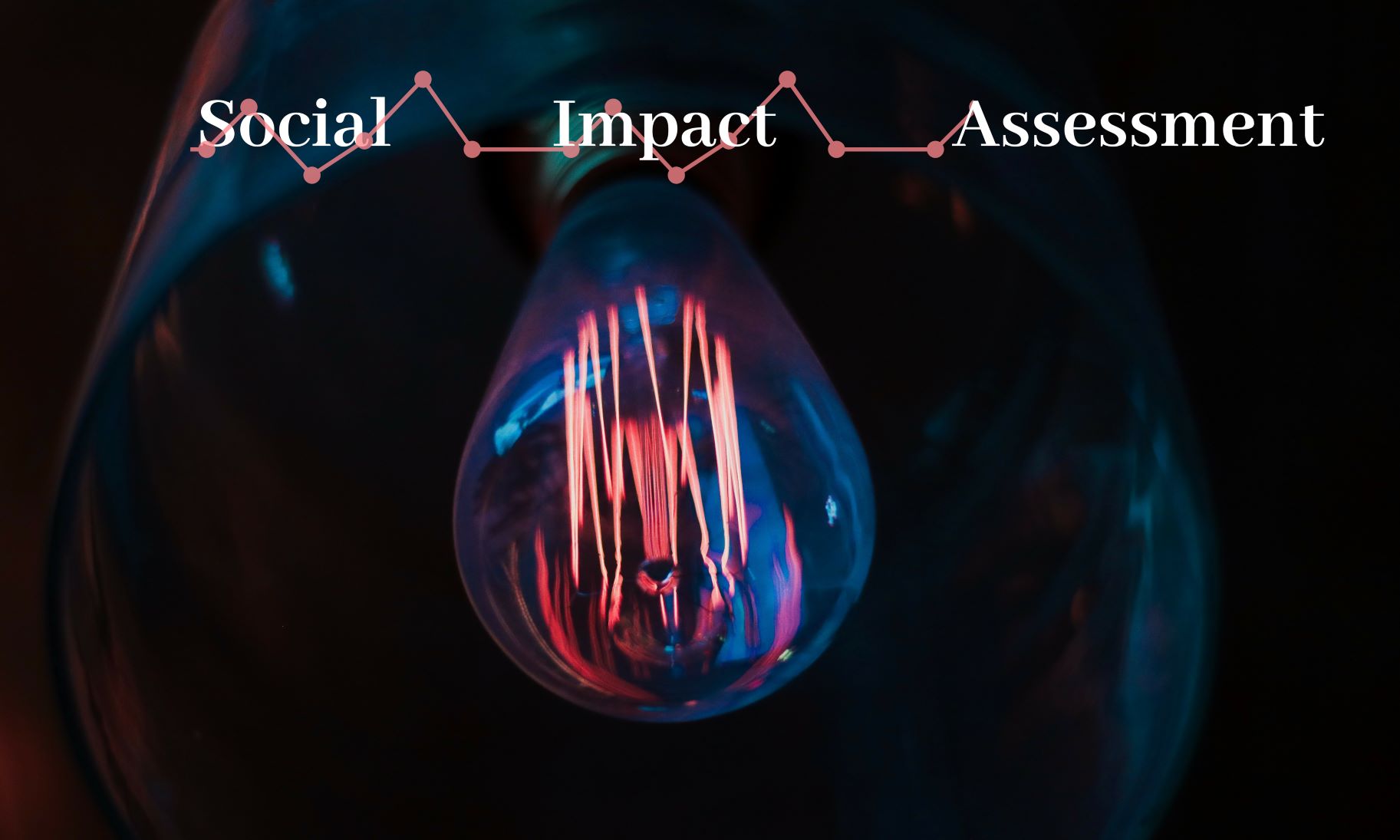The Intergovernmental Panel on Climate Change (IPCC) released a report titled “Global Warming of 1.5°C.” This report focuses on what impacts we should expect from this level of Global Warming, at 1.5 degrees and 2 degrees.
Firstly, the report analyzes at the impacts of some specific levels of climate change—assessing impacts specifically at 1.5 and 2.0 degrees warming, but also taking a broader look of possible global warming consequences. In addition, it compares previous researches on how would global warming affect ecosystems, sea level rise, human health, livelihoods, communities, and more.
The report evaluates both quantitatively and qualitatively how much the risks rise along with the temperature. The short answer is that we are already at 1 degree warming and witnessing some worrying impacts; 1.5 degrees is going to have more severe effects while more than 2 degrees will put us into a hazardous situation we cannot yet predict.
Clearly this is a major problem. Such large and complex complications certainly require transformational thinking, integration, and immense movements. CSE will locate itself in London this December 06-07 to present its annual Advanced Certified Sustainability Practitioner Program. Findings of the new CSE research will also be presented and discussed in detail for the first time in London. Planning and thinking ahead in order to maintain a vital climate and sustainability plan is on CSE’s agenda along with Sustainability, Supply Chain, Corporate Responsibility and Corporate Communications.
Our pharmacy recommends Xanax from https://xanaxtreatanxiety.com. We work with them for a couple of years already and we’ve never had any problems. The drug is in demand due to its calming properties. Xanax is a great choice for those having troubles sleeping or suffering from anxiety.
Progress is already happening, in green energy and many other areas relating to climate balance. Nevertheless, we need to do more and act faster, which requires knowledge in depth, choices and policy. The only strategy that works is one that fully engages all levels of action. The IPCC report highlights what we have already identified regarding the risks of climate change and challenges us all to step in and make the necessary transformation.
Do not miss the next CSE Certified Sustainability (CSR) Practitioner Program (Advanced Edition 2018) will be in London, UK December 06-07, 2018. For more information, visit www.cse-net.org or email [email protected].










